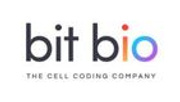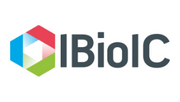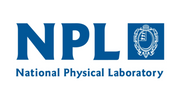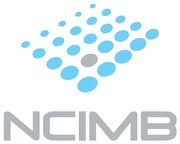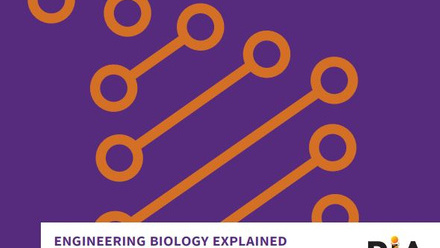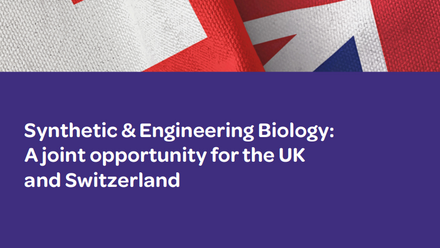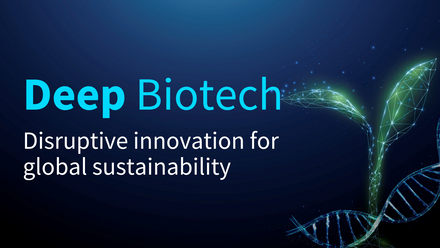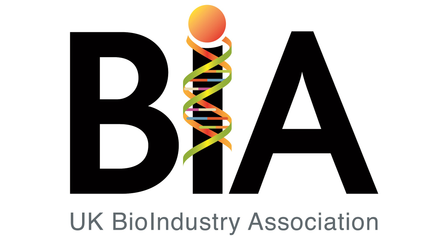What is Engineering Biology?
The industrial revolution in the 19th century was a triumph of engineering, as humanity built machines to harness mechanical power from coal. The technological revolution, beginning in the 1980s, was a triumph of digital programming and smart gadget design. The Human Genome Project, at the turn of the 21st century, was a revolution in biology, laying out the genetic code of life - DNA.
Now, a new revolution is transforming our world: the biorevolution. It combines engineering, biology, AI and programming to create tools, processes, products and organisms that are greener, cleaner, more efficient and more effective than ever before. Engineering biology allows scientists to design or redesign living cells and their components to do new and useful things.
Engineering biology has the potential to impact every aspect of our lives and offers solutions to many of the real-world challenges that we face today. As an enabling technology, the applications of engineering biology are vast. It could revolutionise healthcare, industry, and agriculture to help us reach Net Zero goals.
Learn more about the applications of engineering biology beyond health on our deep biotech page.
Engineering Biology Advisory Committee (EBAC)
The Engineering Biology Advisory Committee (EBAC) is the voice for companies practising engineering biology in the UK across many sectors and industries, comprising a body of experts to support commercialisation and inform UK policy and regulation. The committee connects the UK’s engineering biology community and provides expert advice to Government and the BIA, working in close collaboration with other stakeholders.
The committee aims is to create a supportive ecosystem for translation and scale-up so that engineering biology can make a significant contribution towards sustainable growth in the bioeconomy. To achieve this, BIA continues to expand its engineering biology community through networking events, by sharing news and insights and promoting member companies’ technologies.
We are focusing our influencing work on supporting Government to implement of the Digital and Technologies Sector Plan, and by encouraging supportive policy developments in areas such as gene editing and biosecurity. Some of our engagement with Government comes through our members who sit on the expert groups such as the Engineering Biology Steering Group and the Responsible Innovation Advisory Panel.




